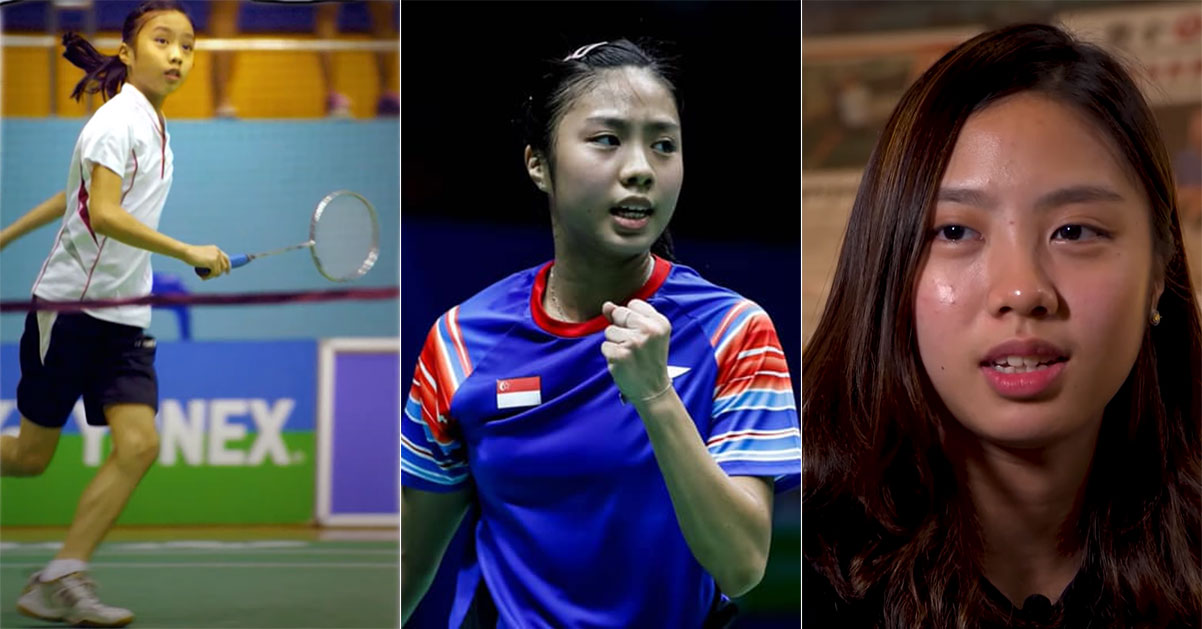Follow us on Telegram for the latest updates: https://t.me/mothershipsg
Yeo Jia Min is one of the darlings of Singapore badminton.
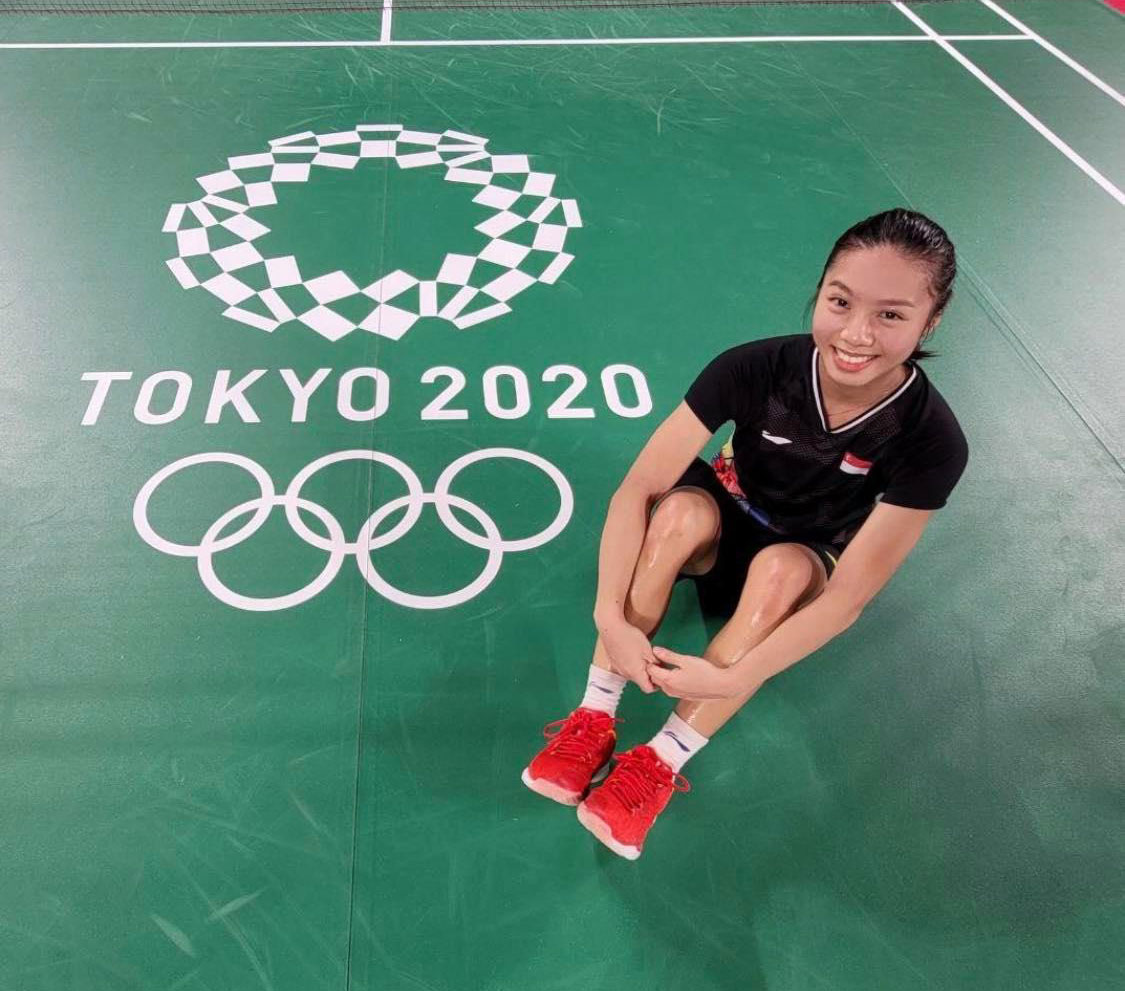
She is hands down the best female badminton player that the country has ever produced domestically.
Born and bred here, the 23-year-old shuttler is ranked world number 16.
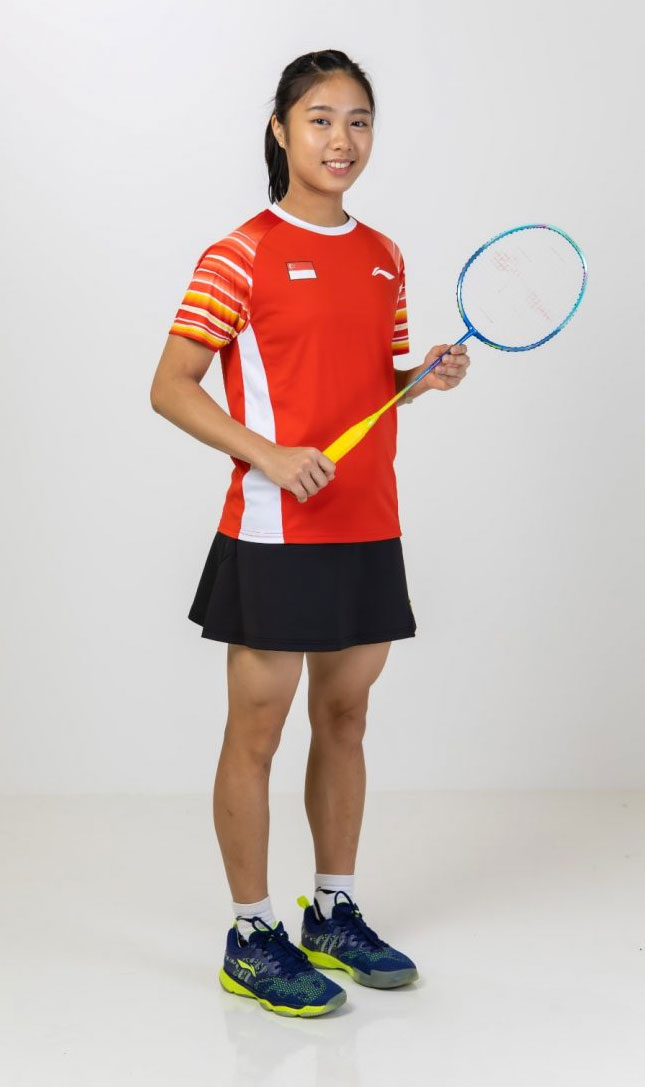
Observers of the sport have seen her transform from a scrawny teen to a giant slayer, who in 2019 beat the world number one player at that time.
It was a culmination of years of hard work though, as Yeo started playing badminton when she was seven years old.
But don't expect her to say that being a badminton player defines her, despite sharing constantly about the sport on social media, where she shows herself training hard and playing competitively internationally.
In an interview with Mothership.sg, the wholesome but highly competitive Yeo revealed that she is pretty sanguine about the prospects of winning and losing in badminton, what drives her and her elite athlete mindset, how she is coping with being a professional athlete in Singapore, and the advice she has for younger folks who are trying to excel or just hanging in there.
You can read below her career thus far, followed by the Q&A with her.
At age seven, Yeo picked up the sport after playing it recreationally with her parents at the former Vincent Hall along Upper Bukit Timah Road.
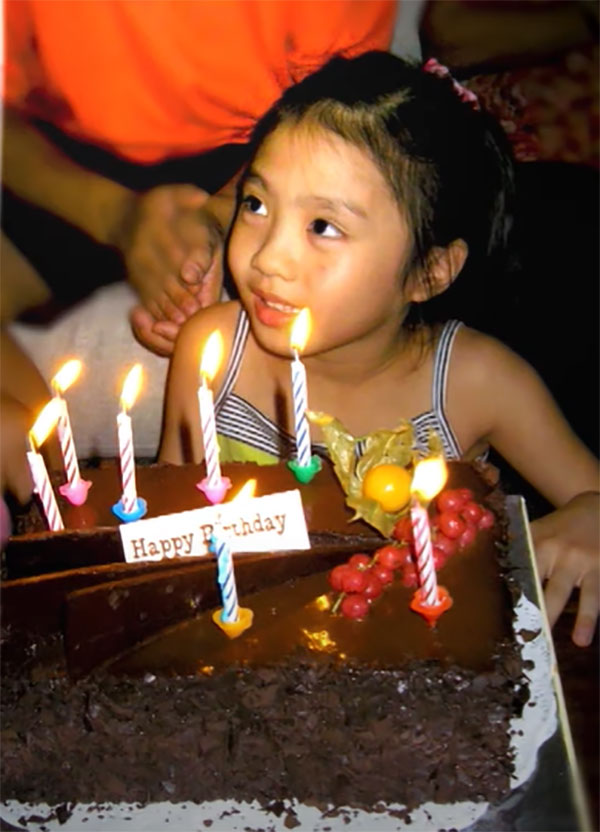
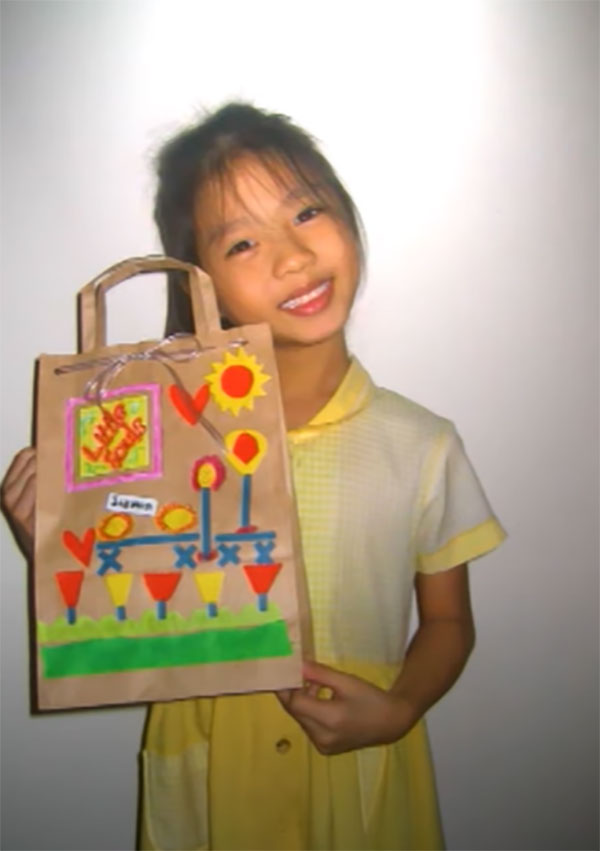
When she was eight, she played her first match against a 10-year-old girl and lost -- but that did not discourage her.
At nine, she competed in the 2008 Cheers Age Group (Singles) Badminton Championships and won the Under-11 championship title.
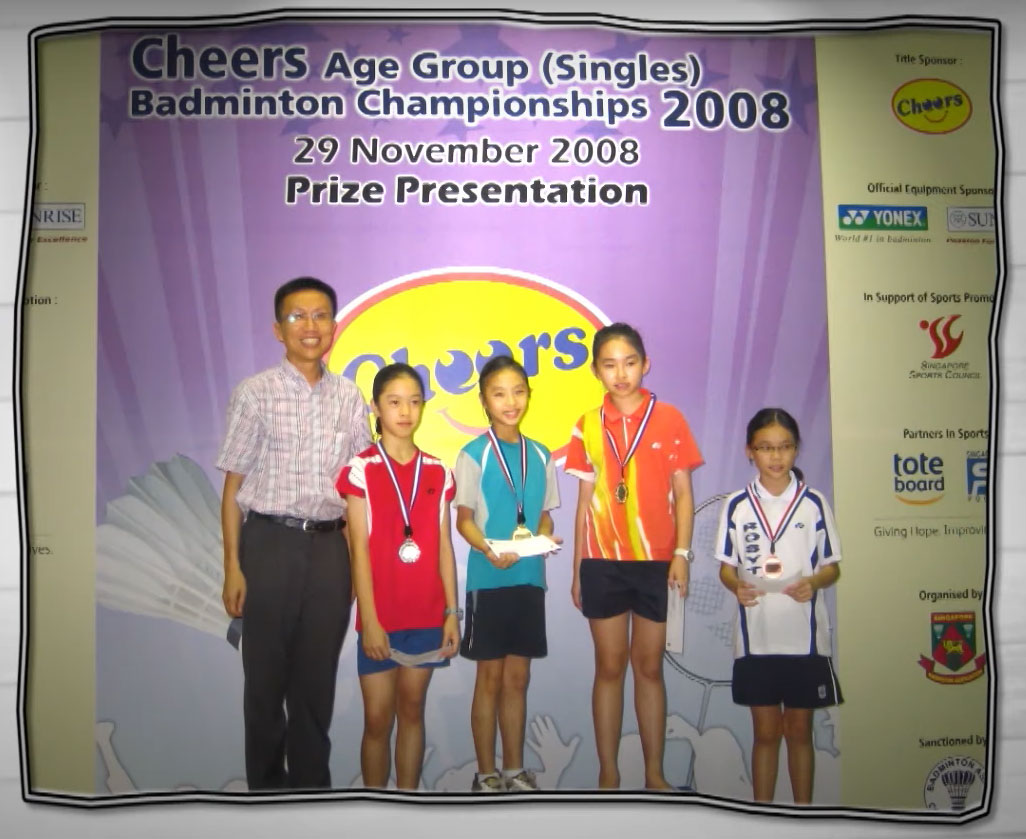
In 2009, at age 10, she won the Under-11 singles title at an international level when she represented Singapore at the Li-Ning Youth International.
In June 2012, she entered the Singapore Sports School after transferring out of Nanyang Girls' High School -- a pivotal moment as she considers this the year she decided to turn pro.
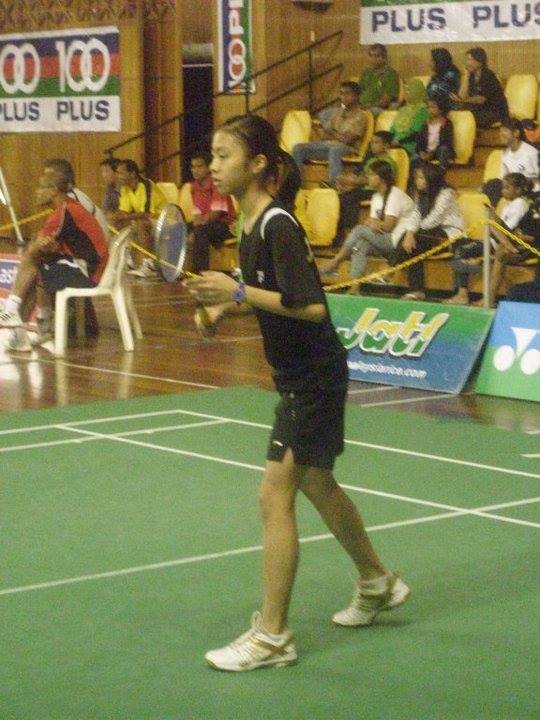
By age 13, and in a new school environment, she was training up to 5.5 hours a day, except on Sundays.
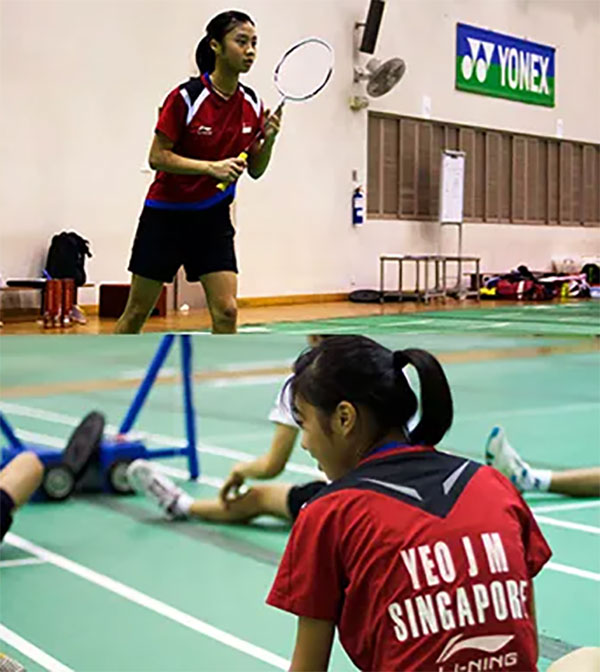
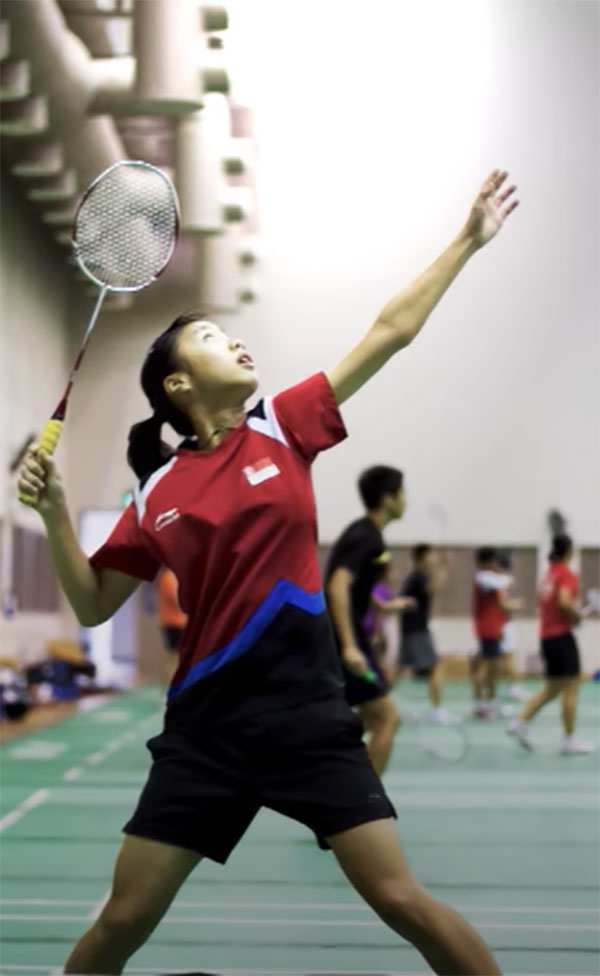
By the time she turned 14, she was recognised as a prospective Olympic medal-winning athlete who could one day bring the coveted medal home for Singapore.
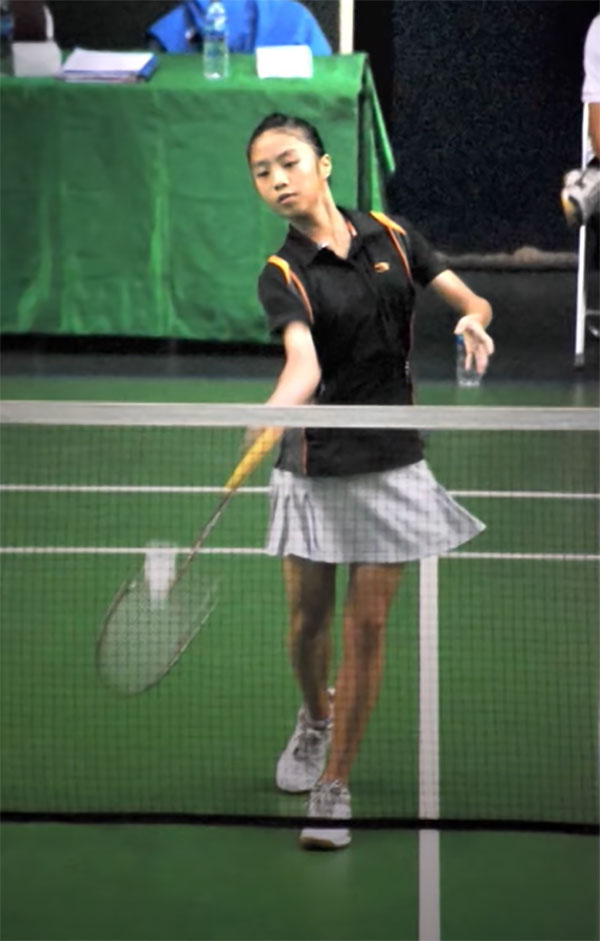
Her coach said then of the teenage Yeo: "She really is a national asset who must be carefully nurtured, because I strongly believe she is capable of winning an Olympic medal for Singapore."
She is the first Singaporean to have made the top spot in BWF's junior rankings that started in 2011.
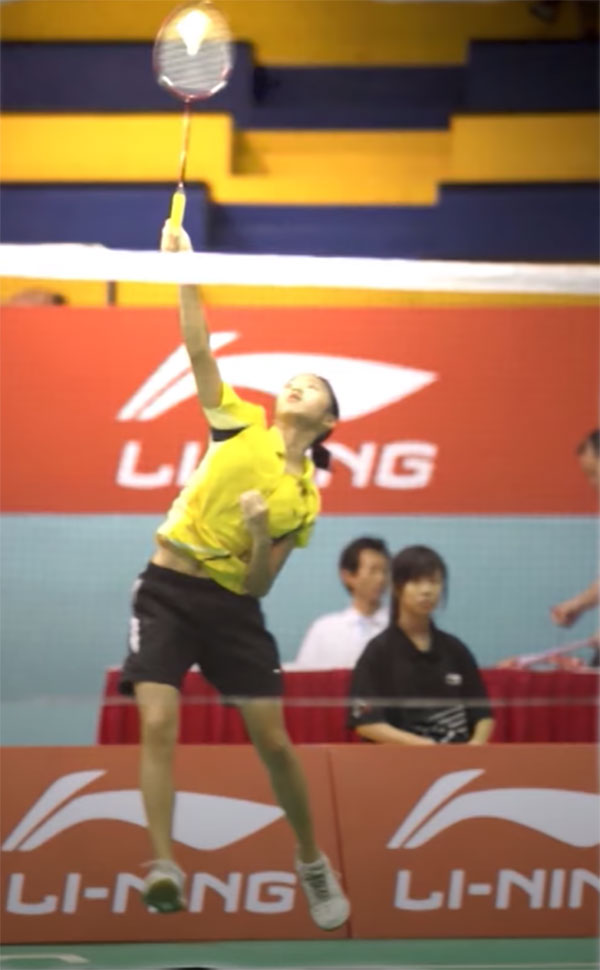
In the past few years, Yeo has competed at several tournaments including the 2018 Commonwealth Games and the BWF World Championships 2019, where she beat then world number one Akane Yamaguchi of Japan in just 39 minutes.
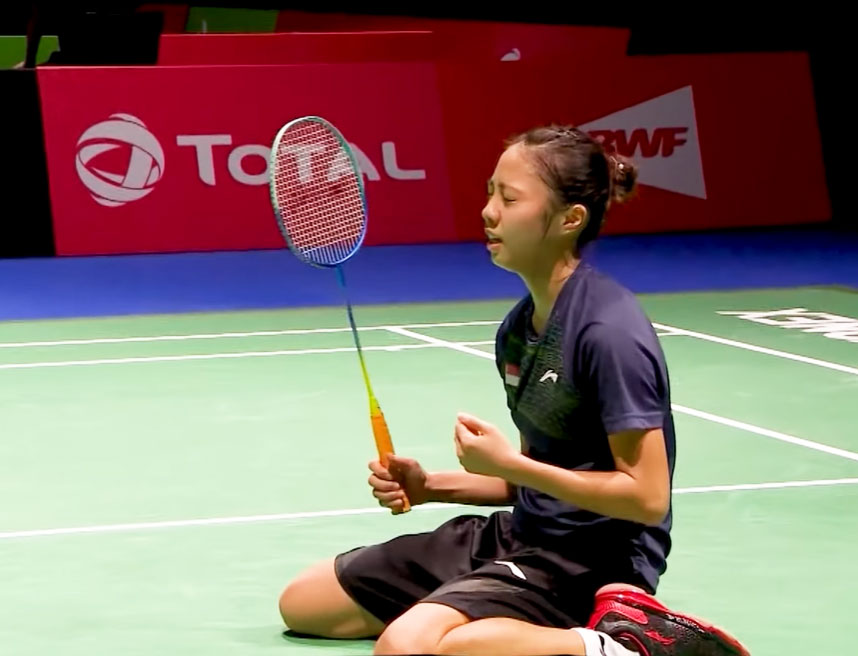
In July 2021, she was knocked out of the women's badminton singles competition at the Tokyo Olympics by a South Korean player ranked 12 places higher.
That experience was overwhelming for Yeo, as she cried and was apologetic for her exit.
More recently, Yeo pulled out of the India Open quarter-finals on Jan. 14, 2022 as she was unwell.
She then tested positive for Covid-19 upon arrival in Singapore on Jan. 16 and was quarantined.
Yeo has her sights set on the next two Olympics in 2024 and 2028.
Q&A
When did you realise you would become a professional badminton player?
Since young, I always had the family support. And somehow I just love the sport so much.
I remember wanting to train almost every day when I was eight years old.
And thankfully, I was able to also win competitions since then.
I guess if you asked me when I knew I would turn pro, I think I started to feel like I will be kind of turning professional all the way when I chose to change from Nanyang Girls' High School to Singapore Sports School.
How did you come to that decision? Was it something your parents actively coached you, or was it something that you kind of woke up one day and decided, 'You know, I think this is for me.'?
I think it was kind of like a family sport as well, because it was my parents who brought me into badminton.
I just really like the sport.
Every day I want to play, even after training I will stay back just to play more.
It's not like I couldn't study or didn't want to study.
Even in primary school, I actually trained every day, even up to the PSLE week.
My mom was like, 'Don't go training, just work on your exams.'
Looking back, like ya, super enthu lah.
Is there some kind of mental exercise you perform to condition yourself to be at an elite level?
When I was younger, I wasn't afraid to challenge people older than me, or better than me.
It was something that my coaches spotted: I was not afraid to lose, even if I were to lose.
At top level competitions, you have to first be the challenger, to overcome, so it's important not to be afraid to lose.
To be among the best, we have to slowly develop a strong self-belief and work ethic as well.
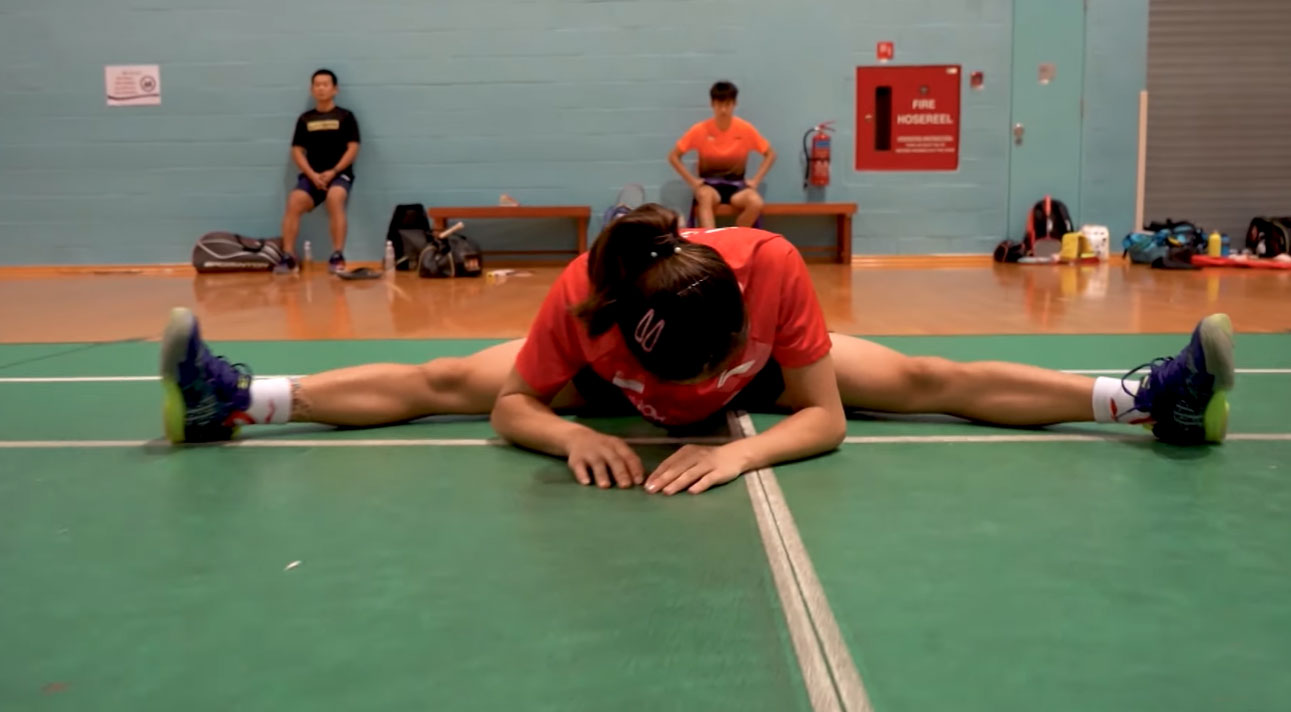
You can't possibly always win in a sport, so how do you deal and process your defeats?
As long as I feel like I gave my best at that time to the best of my ability, even if I lose I can have a lot of takeaways.
And when I give my all I can see where I am lacking, which is what we go for competitions for as well.
Because apart from the winning, we have to gain something from it.
For those losses I did not showcase the best that I could, it will be harder to take that loss.
Even if I win but I feel like I didn't perform very well, I'm those kind who will be a bit hard on myself.
It takes time to process it, step by step after the loss.
Do you still feel anxious before competitions?
Nowadays it is more mixed emotions.
It is feeling excited, and the adrenaline kind of feel, where you feel like anything can happen in a competition.
Instead of worry, I kind of have a more positive outlook before going into every match.
That expectation or pressure will always be there, but you always focus on the routines you always do and get into the zone.
At that point, you just forget about the distractions.
Are there days you feel like you don't want to train?
Not really.
For me I always feel I do not have enough time to train.
Like during the two-week quarantine I just finished, oh my gosh, I need to get out and train.
My mom would always scold me, like, 'Can you just chill and relax?'
I don't really wake up feeling like I don't want to train.
I want to sleep in for five minutes more, but not the I don't want to train.
[Laughs]
When you were in quarantine, did you feel like you needed to train or occupy your time doing something productive?
I felt like I had no energy.
I walked around and felt like I needed to lie down.
I was taking medicine and drowsy.
My mother calls me but I couldn't reply. I just sleep, sleep, sleep.
I knew my body was fighting something and I shouldn't exert myself -- everyone was telling me that.
When I got out, I tried cycling, and when I could do that, I tried running.
Any advice for children who want to be professional athletes?
Try to enjoy the sport as much as you can, and explore different options and things.
Although I didn't explore a lot, I knew that I liked badminton a lot.
So, I think as soon as you find something you like, try to hold on to it, even if your parents are against it.
Don't give up on the hope. You never know what happens in the future.
Any advice for parents?
Don't push your children until they lose the joy in the sport.
Let your child explore and support them.
Teach them values beyond winning and losing.
The child will lose and come back crying, 'Argh I hate this sport'.
It's that time you need to support them mentally and emotionally.
Sport teaches determination, patience, and not to give up.
Don't just focus on the results.
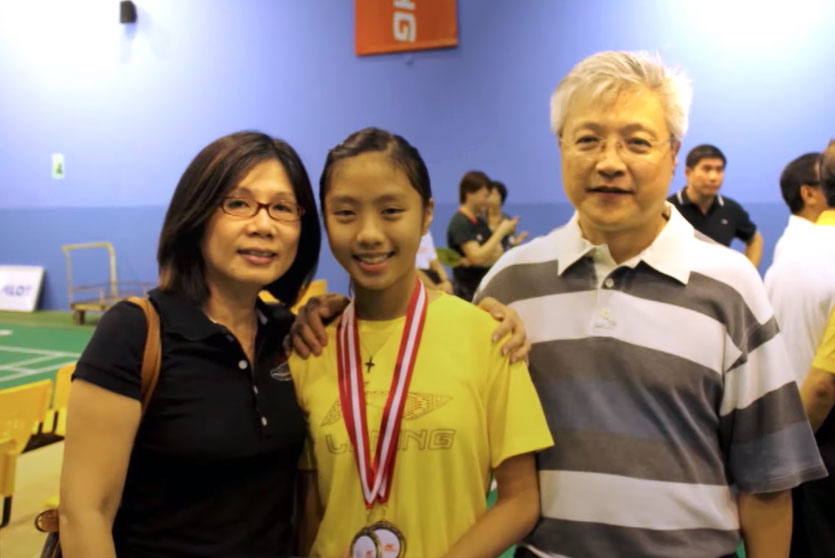
How do you deal with the publicity of being a sportsperson?
There will be pressures and expectations being in a sport.
I think it is normal and to accept that.
There is a lot of things happening online on social media, so it is important to be a bit more mindful of how we carry ourselves off and on court, because one way or another, it will affect the people who read it.
What do you think about athletes being tapped on to spread certain messages, like for Singapore's Total Defence Day?
For Total Defence, it is the whole country coming together in various ways.
I definitely feel proud that there is a system to keep the country safe and it is important to acknowledge the work put in.
Do you think your identity is strongly tied to being a badminton player?
I feel that all along I put in a lot of work and people may think my whole life is badminton, but I try not to emphasise that badminton is my everything, my focus or my number one.
I don't know since when, but I don't really have that mindset.
So, even when people ask me, 'What if one day you can't play badminton anymore?'
I'll be like, 'If God tells me that this is not my path and so it is not'.
Maybe He has other purpose for me to use my time and gifts in other ways.
I'm quite open-minded.
I am not really like, 'This is for me for the rest of my life'.
I think I will transit quite well after retirement.
Follow and listen to our podcast here
If you like what you read, follow us on Facebook, Instagram, Twitter and Telegram to get the latest updates.
